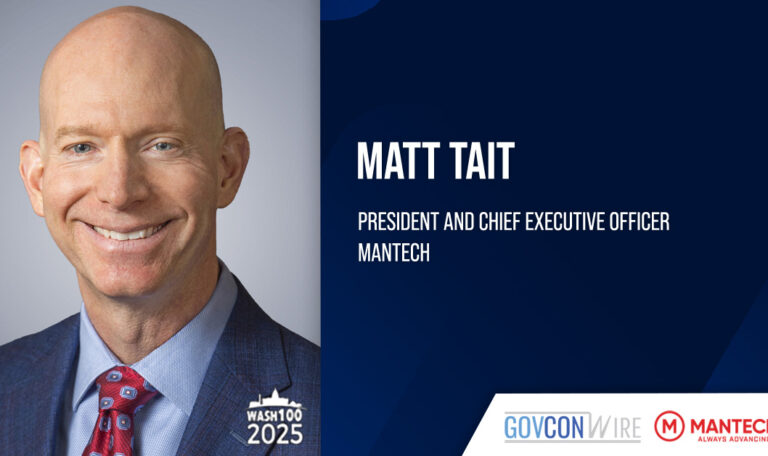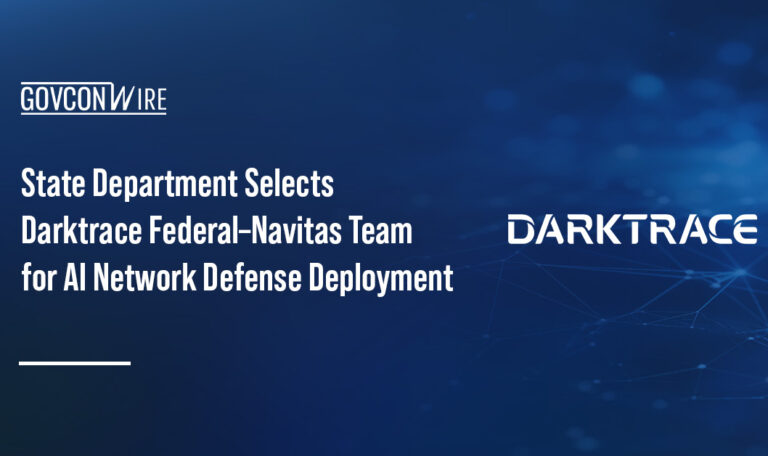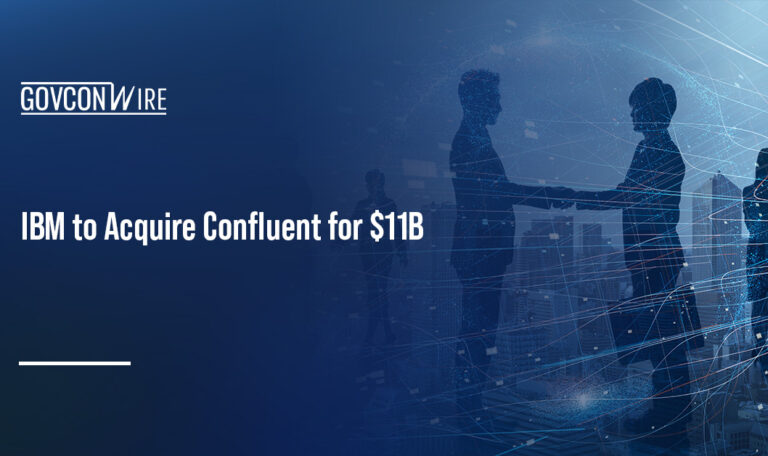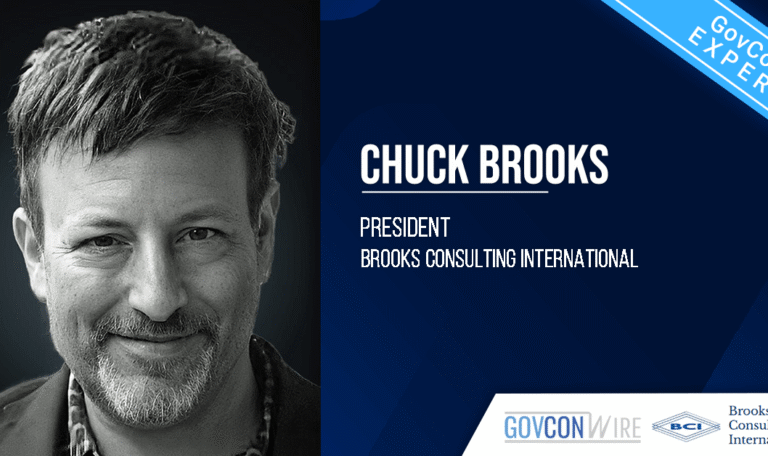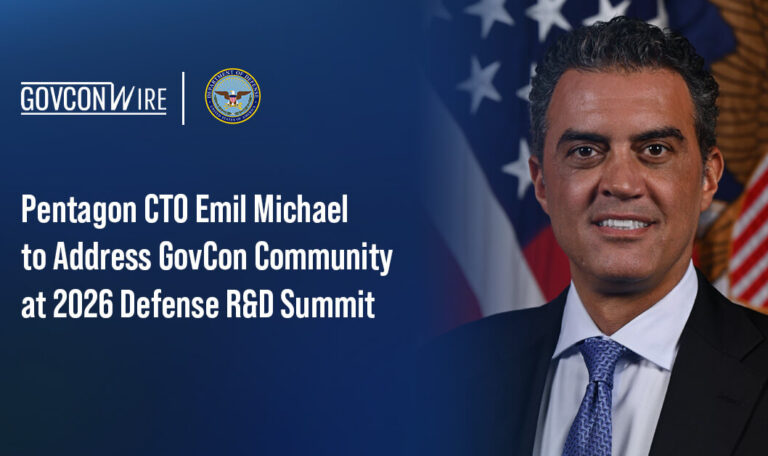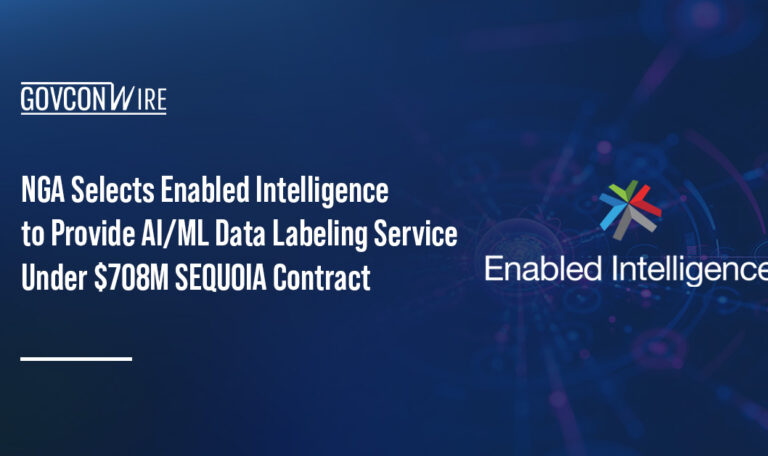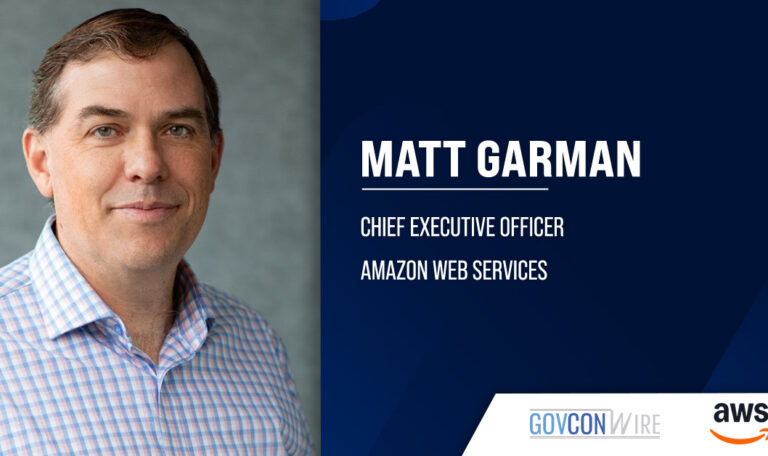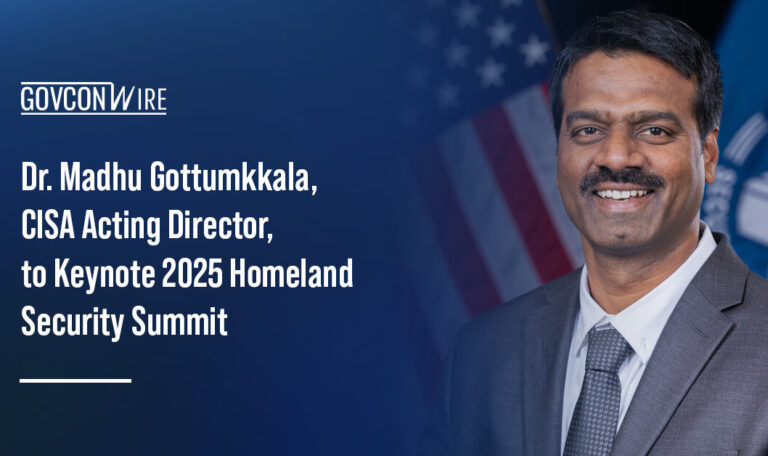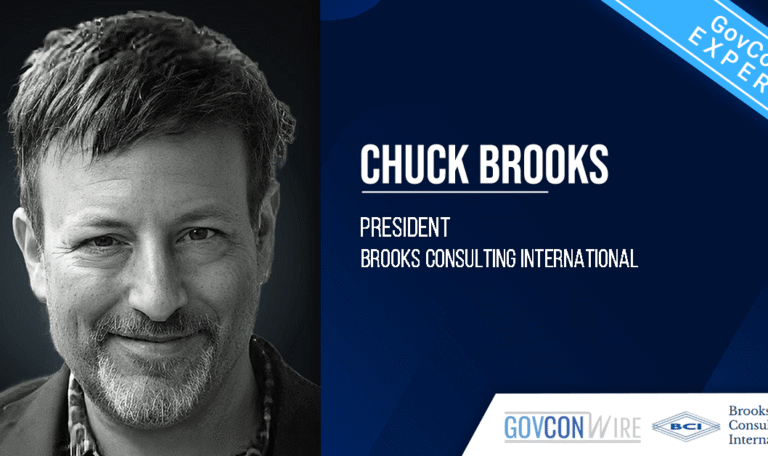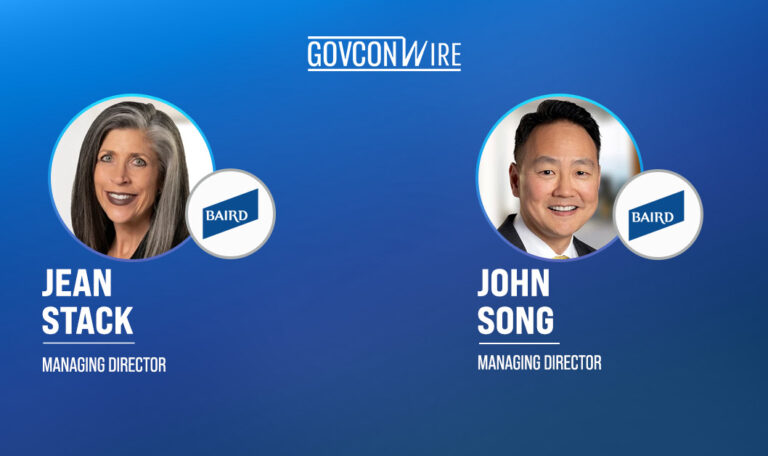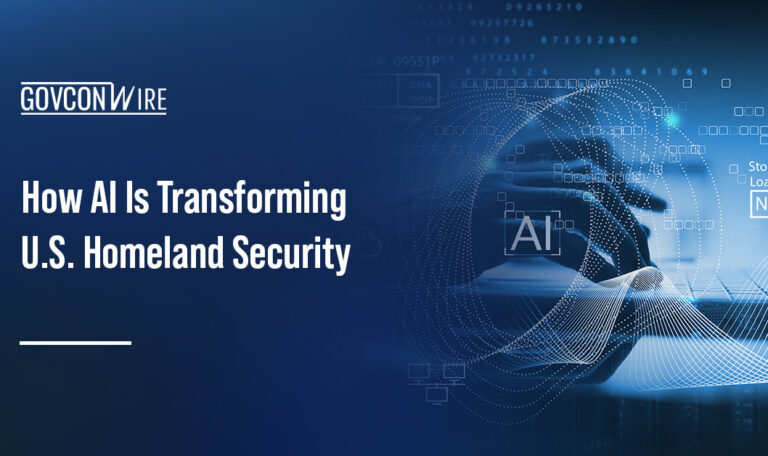Artificial intelligence has exploded across the commercial and federal spaces in recent months, especially since the launch of the generative AI tool, ChatGPT. While at times controversial, the application is undoubtedly making waves across the technology industry, and it’s poised to completely revolutionize the way humans interact with AI.
“No matter your opinion of ChatGPT, it is the fastest growing consumer application in history. And we can’t put that genie back in the bottle,” said Brad Mascho, chief marketing and communications officer for Empower AI, during a panel discussion he moderated at the Potomac Officers Club’s 4th Annual AI Summit.
Bolstering Mascho’s comment, Kirke Everson, principal and low code practice leader for KMPG’s U.S. Government and Public Sector, pointed out, “It only took five days for ChatGPT to get to a million users. It took Netflix three and a half years to get to a million users.”
ChatGPT was a major talking point during the summit, with every keynote and panel session mentioning the wildly popular tool at least once, if not more. As the final panel discussion of the day kicked off, Mascho asked panelists “the required ChatGPT question” to get each speaker’s thoughts on the benefits and risks of using generative AI in the federal government.
Greg Singleton, chief artificial intelligence officer for the U.S. Department of Health and Human Services, said HHS is certainly beginning to experiment with generative AI, but they’re “approaching it cautiously” — as with any new tool or technology introduced in the agency — and first exploring some of the ethical and policy-related questions surrounding AI use.
“Some of the earliest questions we got were, can we use this? Is this ethical to use? Are we allowed to use it? What are the guidelines you have for federal employees? What should we be thinking about when we use this?” Singleton shared.
“We’re working with our internal IT management staff, risk management and others, and then also talking with other agencies and the White House and saying, what are our approaches to this, and how do we think about it?” he added.
Some of the qualities of generative AI may look like those present in other open source tools like GitHub, and Singleton said HHS is looking closely at whether it can deploy some of its existing IT rules and regulations for AI use.
Though the agency is early in the process of figuring out generative AI guardrails, Singleton said some of these rules will likely prohibit private data, sensitive information and “pre-decisional” information from being used in ChatGPT.
On the other side of the vast possibilities that generative AI can unlock is a significant amount of challenges that it can pose too. One such hurdle is that AI is trained on data, and where the technology stands today, some of that data is actually outdated.
Michael Parrish, principal executive director for the Department of Veterans Affairs’ Office of Acquisition, Logistics and Construction, noted that the quality of tools like ChatGPT is determined by the quality of the data they are trained on. ChatGPT’s current knowledge base is limited to data from 2021 and earlier, which Parrish said can pose a risk to the application’s accuracy.
“User beware,” Parrish commented, warning users to verify any information they receive from generative AI in its nascence.
Parrish’s fellow panelists, Singleton and Everson, echoed this advice especially in the context of using AI to generate code. Singleton said HHS is exploring what kind of checks need to be placed on code generated by AI, and he predicted that the agency will likely require a validation and verification process like keeping a human in the loop.
Everson said AI’s tendency toward inaccuracies “does point to the need for the expertise, human in the loop and analytic augmentation.”
“This whole idea of monitoring the data training, the feedback loop and ensuring that you have the subject matter expert watching the results, making sure the data models are re-fed is extremely important for the success of” generative AI applications, Everson explained.

Find out how the intelligence community is thinking about AI. Join GovCon Wire’s 3rd Annual IC Acquisition and Technology Innovation Forum on March 9 to hear from IC leaders and industry experts about what’s next for government modernization. Register here.




